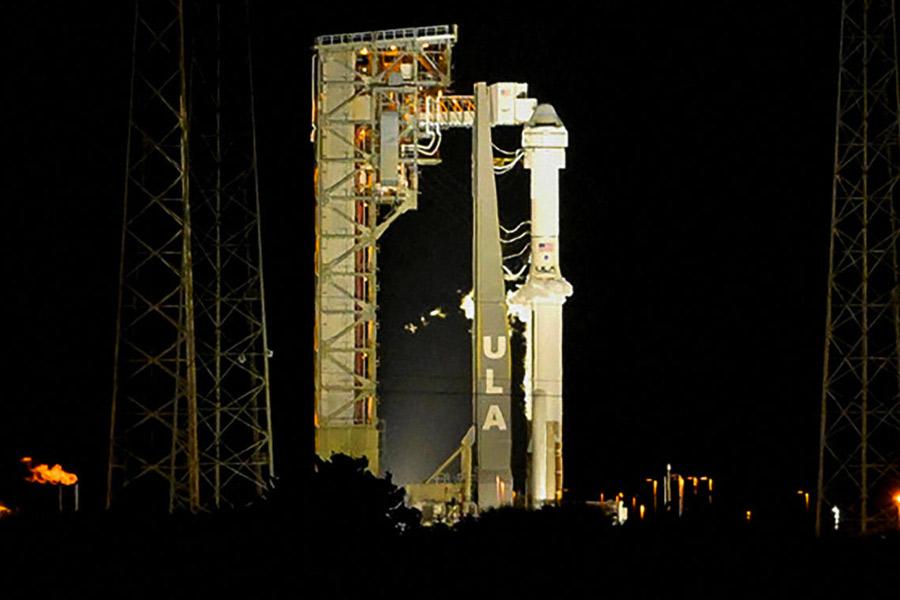The US is expected to announce that it will provide Ukraine with cluster munitions, a senior Biden administration official said. Kyiv has been pushing for the controversial and widely banned type of weapon but Washington has resisted because of its potential to cause indiscriminate harm to civilians.
Ukraine has said the weapons would help in its counter-offensive against Russian troops by allowing its forces to effectively target entrenched Russian positions and to overcome its disadvantage in manpower and artillery.
After months of demurring, citing concerns about the weapons’ use and saying they were not necessary, US officials have recently signalled a shift. Laura Cooper, the deputy assistant secretary of defence for Russia, Ukraine and Eurasia, told US lawmakers late last month that the Pentagon had determined that cluster munitions would be useful for Ukraine, “especially against dug-in Russian positions on the battlefield”.
The expected US decision was first reported by National Public Radio and confirmed on Wednesday night by the administration official, speaking on condition of anonymity in order to disclose internal policy discussions.
Cluster munitions, first used during World War II, are a class of weapons including rockets, bombs, missiles and artillery projectiles that break apart midair and scatter a number of lightweight bomblets over a large area.
Cluster munitions’ bomblets are designed to explode or ignite upon hitting the ground, but historically the failure rate is high, with sometimes lasting and devastating consequences for civilians. According to humanitarian groups, a fifth or more of bomblets can linger, and potentially detonate when disturbed or handled years later.
Since World War II, cluster munitions have killed an estimated 56,500 to 86,500 civilians. They have also killed and wounded scores of American service members. Civilians, including children in Syria, Yemen, Afghanistan, Lebanon, the Balkans and Laos, continue to suffer from incidents involving remnants of cluster munitions.
While the deployment of cluster munitions isn’t in and of itself a war crime, their use against civilians can be, because they kill so indiscriminately with long-lasting effects.
Because of those risks, more than 100 countries have signed a 2008 treaty known as the Convention on Cluster Munitions, promising not to make, use, transfer or stockpile them.
New York Times News Service










